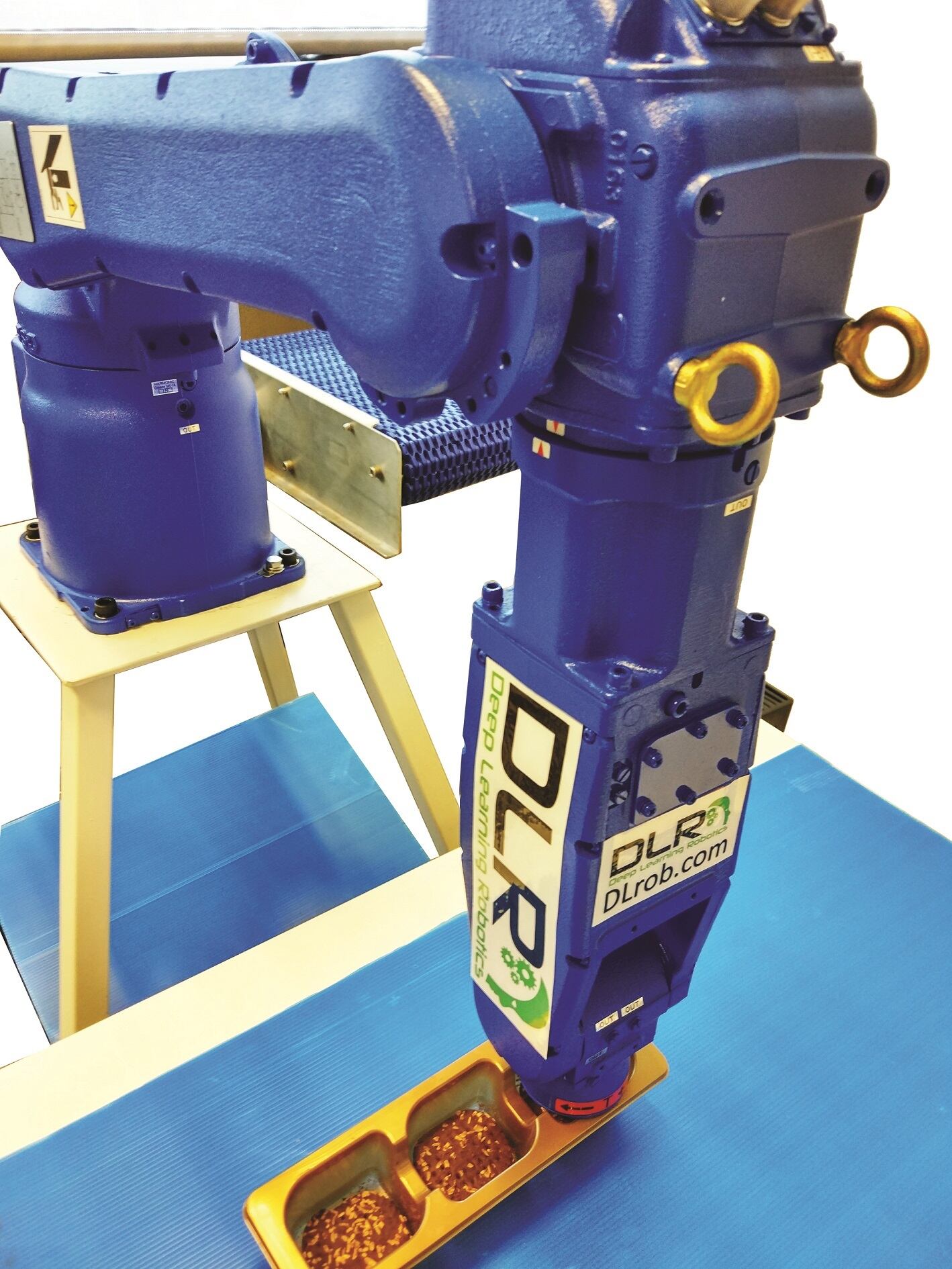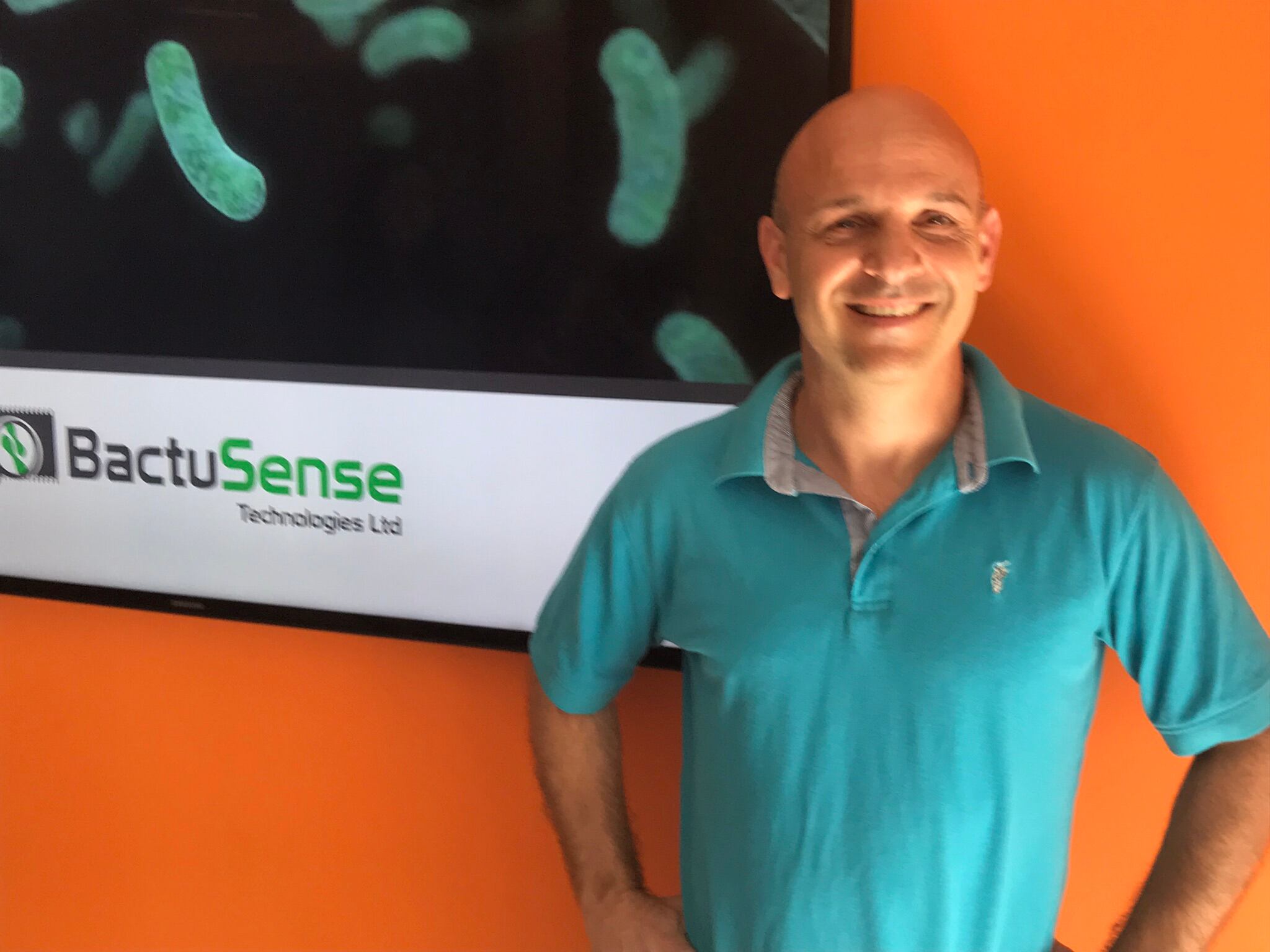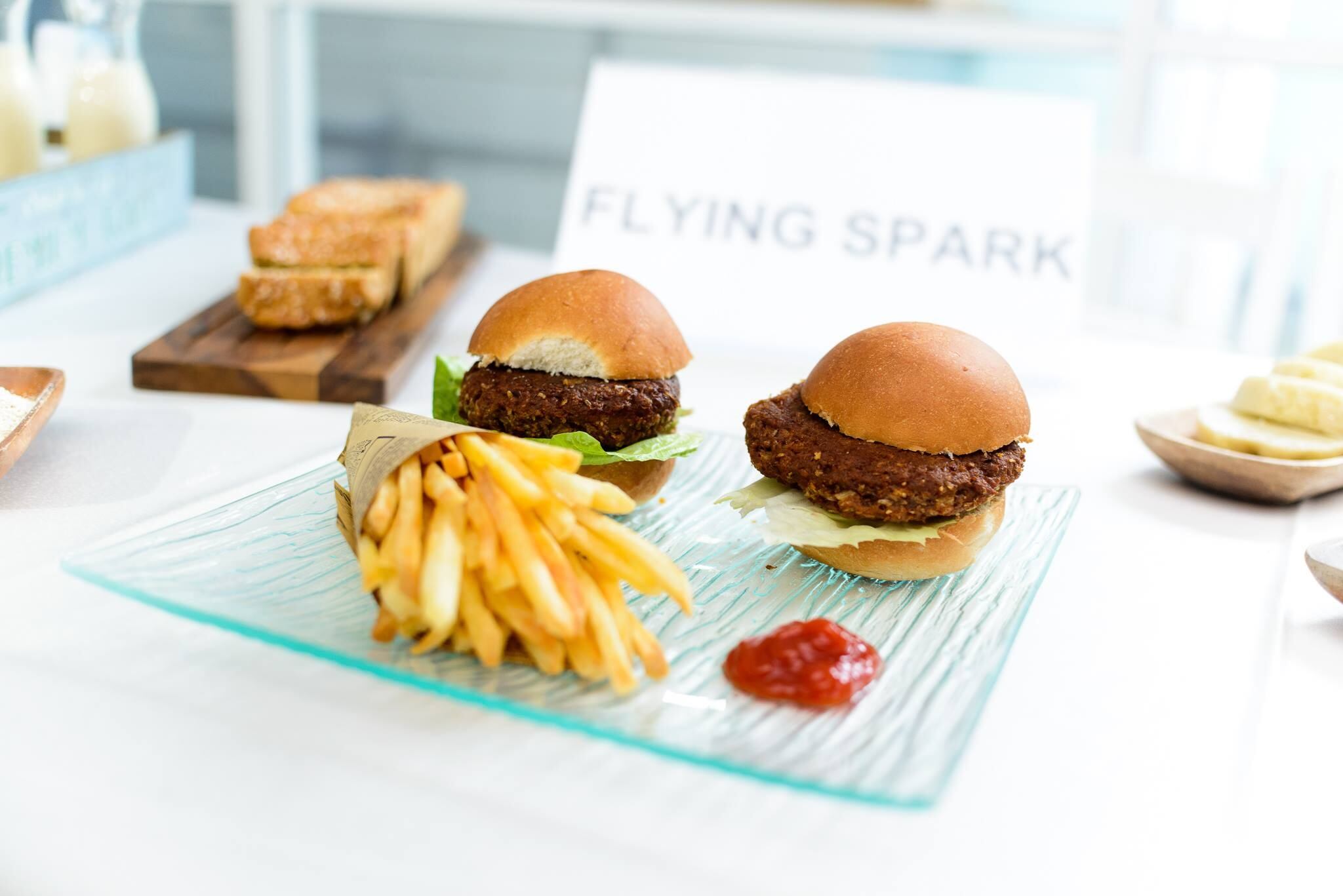The Kitchen FoodTech Hub is owned by Israeli food giant the Strauss Group and backed by government funding through the Israeli Innovation Incubator programme.
The accelerator invests in seed stage enterprises and aims to harness Israel's innovation capacity to address global food challenges. Typically, The Kitchen will invest in the region of US$600,000 in a start-up in exchange for an equity stake in the business.
Businesses that enrol in The Kitchen will receive support to develop not only their technical expertise but also their business models, VP of business development Amir Zaidman explained. “By the time they graduate a company will have a clear story and proof of concept. They will be getting ready to raise additional funding or bring products to the market.”
Zaidman stressed that The Kitchen is very tech focused and suggested that Strauss was a “trail-blazer” as one of the first food multinationals to take the incubator approach. “Strauss is looking at it in a strategic way, it is not just financial, they want to create an ecosystem,” he explained.
The start-up incubator - which also works along global partners like PepsiCo, Danone and Givaudan - supports food tech ventures that it believes have potential to disrupt the global food system- making it more productive, affordable, sustainable and healthy. “We are very focused on tech. You have to have some kind of unique tech.”
The Kitchen currently has ten portfolio companies. Here as some highlights.

Deep Learning Robotics
Deep Learning Robotics is developing robots that can learn actions and can therefore ‘plug-in’ to the production cycle. “This tech allows a robot to observe what you are doing and imitate,” Zaidman revealed.
“In the food industry we change the products all the time… If you are using robots, you have to re-programme them… If you have a robot that is very flexible… you put it into learning mode and five minutes later it is working on as part of the production line.”
Zaidman said that the company did not aim to allow manufacturers to cut costs by reducing the workforce. Rather, the group wants to replace "dangerous" and "repetitive" tasks where there are high levels of workplace accidents and injuries.
YoFix
YoFix makes a cultured, plant-based yoghurt that is free from allergens including dairy and soy. It is pre- and probiotic, high in protein and – significantly when compared to the other plant-based dairy alternatives currently on the market – it is clean label. YoFix’s unique production process is also zero waste.
Steve Grün, CEO, explained: “There are a lot of companies in this area but nobody has all the claims that we have.”
YoFix secured its initial funding with The Kitchen in 2015. The group completed a Series A funding round for US$2m last year, led by Strauss and including other investors such as Tnuva Dairies and Kraft Foods.
YoFix is now establishing a large-scale dedicated production facility and is looking at a wider range of products.
By 2019, the plan is to “go global”, Grün said. The group is looking at markets like the US and UK and is already in early-stage discussions with retailers. “We are open to things. We know we need to find a great partner or we need to do it ourselves."

BactuSense
BactuSense aims to bring innovation to food safety testing. “Today, most food safety tests are conducted in the same way as 80 years ago, just using a petri dish. It is fully manual and it takes three days,” founder Eyal Yoskovitz told FoodNavigator. “BactuSense wants to bring a revolution to this US$18bn [testing] market. Our goal is to produce a device that reduces bacteria detection from days to minutes.”
The company has developed a testing procedure that includes a measuring device (consisting of an optical sensor, light source and detector) and testing kit (which includes a flow cell and silicone chip with a pattern of micro pores on the surface – a “micro petri dish”). Using this tech, tests can be carried out on site.
“We shine light on the chip and collect the reflected light. Bacteria enters the pores and multiplies, making the reflected signal change – slightly but enough for us to detect.”
BactuSense has already reduced the waiting time for test results to between two and four hours and aims to get this down to 60 minutes.
Aleph Farms

Clean meat start-up Aleph Farms is producing bovine meat. Its unique approach aims to overcome one of the biggest challenges of lab meat – creating a product with a similar texture to conventional meat.
“We are combining medical science and food science. By combining these two forces we feel it is the right time to take this tech and make it something viable,” Neta Lavon, VP of R&D, said.
The company uses a proprietary approach focusing on directly growing the meat in 3D using four types of cells. “We are building a tissue. Red meat, fat, connective tissue, cells of blood vessels. We are trying to mimic as much as possible the tissue of the cell.”
By 2021, Aleph Farms plans to have pilot scale. Within two years, the firm believes it will have “something we can sell”.
Better Juice
Eran Blachinsky, founder of Better Juice, has developed a method of “naturally” removing sugars from fruit juice.
“The industry understands sugar is a problem so they are adapting… The juice market is declining. It is a pain for manufacturers. It is a huge need to prepare fruit juice to enable us to stay healthy,” Blachinsky – who entered The Kitchen earlier this year – said.
Blachinsky used his background in the chemicals industry to develop a device that uses “immobilised non-GMO microorganisms”. The process – which adds nothing to the juice – utilises a “natural process” to convert sugar into dietary fibres.
Better Juice expects to have an industrial prototype ready by the end of the year. The company intends to focus on industrial customers and hopes to go to market with the technology next year.
My FavorEats
My FavorEats has developed a software that can take “any recipe” and personalise it to meet specific dietary needs, Zaidman said.
The company is looking at taking a “business-to-business” approach for its go-to-market strategy. It plans to offer the tech to recipe sites owned by companies that want to present “additional value” to their users, The Kitchen’s business development executive continued.
Retailers could take recipes and turn them into shopping lists and MyFavour Eats is in discussions with a large retail multiple, Zaidman confirmed. The “largest weight loss group in the world” is also “interested”, he added without naming Weight Watchers.
Flying Spark
Flying Spark produces protein powder and oil from fruit fly larvae. The powder contains 70% protein as well as other minerals, while the oil is high in Omega 7.
The company, which breeds its own fruit flies for characteristics such as protein content and feeds them on an IP-protected formula, has developed methods for blanching, milling and separating the proteins.
Co-founder and CEO Eran Gronich said that there is a large appetite for insect-based protein ingredients in the food sector, supported by concerns around sustainability and health. He stressed the high conversion rate for the protein when compared to conventional animal-based alternatives. “The conversion rate is 1.3 to 1 per kilogram of larvae… In comparison, for every 10 kilograms you feed a cow, you get one kilogram of meat. Here it is almost one-to-one. This is basically a protein factory.”

In terms of applications, Gronich said Flying Spark’s ingredients can be used in “almost anything”. The dry product is particularly suited to bakery, snacks and cereals but he suggested it is also a good fit to add protein to meat and chicken replacements or milk substitutes. The company is currently working on making the ingredient flavour neutral.
Flying Spark is already working with international food makers such as Mexican baker Grupo Bimbo, which is testing two products enriched with Flying Spark’s fruit fly larvae flour: bread and doughnuts.
The start-up is struggling to keep pace with demand. “We are the bottle-neck because we don’t have capacity yet,” he told FoodNavigator.
In the first quarter of 2019, the group plans to open its first large-scale production facility. Flying Spark is raising money to fund expansion and has set a target of US$3.5m, Gronich said.
